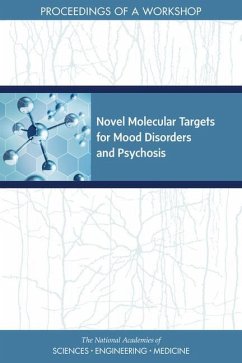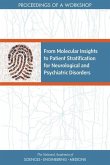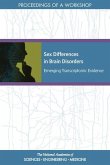Mood disorders - including depression and bipolar disorder - are common, disabling, and potentially lethal disorders, characterized by a shortened lifespan from comorbid medical illness and rising suicide rates. Medications for these conditions have been shown to be insufficiently effective in the majority of people who take them, and there remains a tremendous unmet medical need. Recent advances towards understanding the mechanisms of action for psychiatric medicines have led to the identification of potential novel molecular targets and agents for treating mood disorders. While these promising avenues for further investigation have re-energized scientific research in this area, many open questions remain. In response to this interest, the National Academies of Sciences, Engineering, and Medicine's Forum on Neuroscience and Nervous System Disorders convened a workshop in March 2021, Novel Molecular Targets for Mood Disorders and Psychosis. The goal of this workshop was to explore the landscape of novel pharmacologic treatments for psychiatric disorders, review the challenges and opportunities that have been highlighted by the development of recently approved drugs, and reflect on how to apply those lessons learned towards current and future efforts to identify and validate additional novel molecular targets. With a grounding in the personal experiences of patients living with depression and schizophrenia, workshop participants discussed the scientific, clinical, technological, regulatory, and ethical considerations of this topic. Examples of drug classes discussed in the workshop include antagonists for NMDA (N-methyl-D-aspartate) receptors and GABA (gamma-aminobutyric acid) receptors, as well as modulators for muscarinic and serotonergic receptors. This publication summarizes the presentations and discussions from the workshop.








